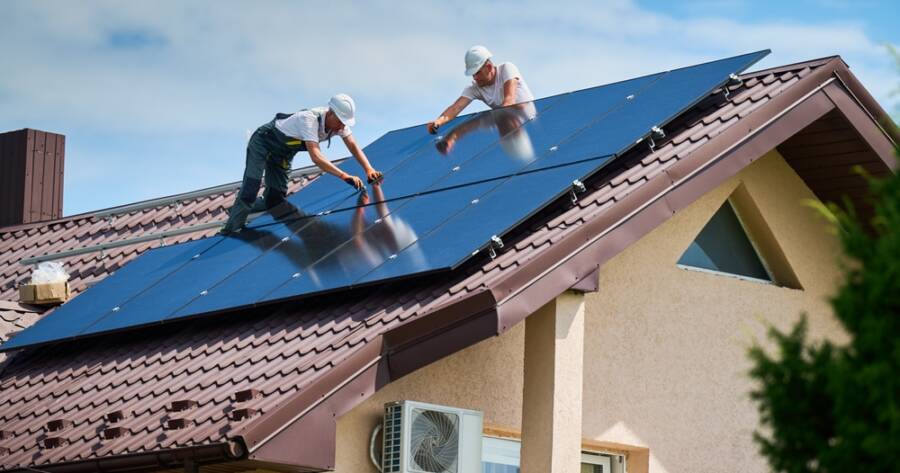Switching to solar energy is a great way to lower electricity bills and reduce your environmental impact. However, finding a reliable home solar panel installation service can be overwhelming with so many options available. Choosing the right provider ensures your system is installed correctly and operates efficiently for years to come. Here’s what to look for in a solar company, the installation process, and how to get the best value for your investment.
What to Look for in a Solar Installation Company
Selecting a trustworthy solar installation company is crucial for long-term satisfaction. The best companies have a proven track record, experienced technicians, and proper certifications. Look for installers certified by the North American Board of Certified Energy Practitioners (NABCEP), as this indicates expertise in the field.
Customer reviews and testimonials can provide insight into a company’s reliability. Checking platforms like Google, Yelp, and the Better Business Bureau can help you avoid companies with poor customer service. It’s also essential to ask for references and view completed projects before making a decision. A reputable company should be transparent about costs, warranties, and expected energy savings.
Understanding the Solar Panel Installation Process
Once you select a solar provider, the installation process typically begins with a consultation. During this stage, the company assesses your home’s energy needs, roof condition, and sunlight exposure. Based on this evaluation, they recommend a system size and layout that will maximize energy production.
After finalizing the design, the company handles the necessary permits and approvals from local authorities. The actual installation usually takes one to three days, depending on the complexity of the system. Once installed, the system must pass an inspection before it can be connected to the power grid. Many companies provide monitoring tools so homeowners can track energy production and system performance in real-time.
Costs and Financing Options for Solar Panels
The cost of installing solar panels varies based on system size, location, and available incentives. On average, a residential solar system can range between $15,000 and $26,000 before incentives. However, federal and state tax credits can significantly lower the upfront cost. The federal solar investment tax credit (ITC) allows homeowners to deduct a percentage of their installation costs from their taxes, making solar energy more affordable.
Financing options, such as solar loans, leases, and power purchase agreements (PPAs), make it easier for homeowners to go solar without large upfront payments. Solar loans allow homeowners to own their system while spreading payments over several years. Leasing and PPA options provide solar power for little to no upfront cost, but the homeowner does not own the system. Comparing financing options can help determine the best choice for your budget and long-term savings.
Maximizing Savings with Solar Incentives and Rebates
Homeowners can take advantage of several incentives to reduce the cost of solar installation. Many states offer rebates that lower the price of solar panels, while some utilities provide credits for excess electricity generated through net metering programs. Net metering allows homeowners to sell unused energy back to the grid, further reducing monthly electricity bills.
Additionally, certain states have solar renewable energy certificates (SRECs), which allow homeowners to earn money based on the amount of electricity their system produces. Looking up local incentives can help homeowners maximize their savings and shorten the payback period on their solar investment.
Making the Right Choice for Your Home
Investing in solar energy is a smart decision that offers long-term financial and environmental benefits. Finding the right solar installation company ensures a smooth transition to renewable energy and maximizes your system’s efficiency.
By studying reputable providers, understanding the installation process, and exploring available incentives, homeowners can confidently make the switch to solar power. With the right approach, solar energy can provide years of savings and a sustainable future for your home.





